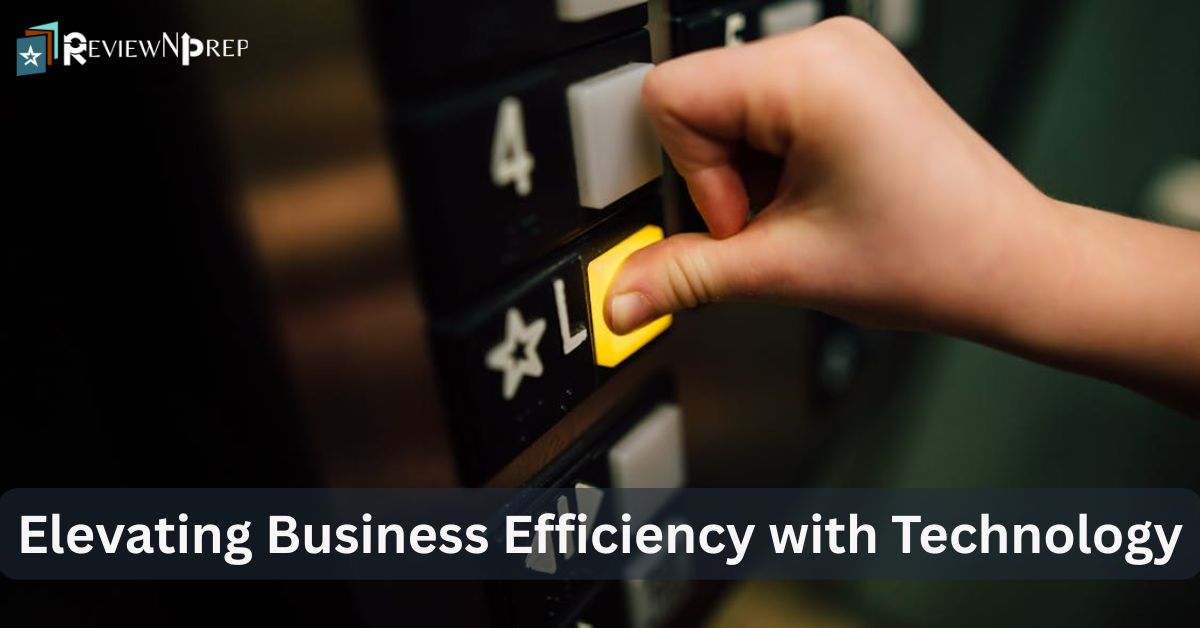High-rise buildings in metropolitan areas are becoming increasingly common, and with that trend comes a pressing need to elevate their operational efficiency. Advanced elevator systems play a critical role in modern business operations by enhancing productivity, ensuring safety, and optimizing logistics. As companies face mounting pressure to provide a seamless experience for employees and customers, integrating cutting-edge elevator solutions can significantly impact functional workflow.
Exploring the benefits of these advanced systems reveals how they can enhance various facets of business operations.
Enhancing Operational Efficiency
Operational efficiency is important for any business aiming to thrive in a competitive landscape. Modern elevator systems employ intelligent algorithms that manage traffic flow, optimizing the performance of elevators according to real-time requirements. Through predictive analytics, businesses can foresee peak times and adjust their elevator usage accordingly, ensuring minimal wait times and reducing congestion in busy lobbies. Smart elevators can queue calls dynamically based on passenger demand, significantly streamlining operations.
These systems can gather data that further refines their efficiency, allowing for continuous improvement. With updated systems in place, companies can witness a marked increase in employee productivity as the hassle of waiting for elevators diminishes. Such advancements contribute to a more efficient workforce and aid in customer satisfaction through faster service.
Safety and Security Considerations
The safety of passengers is of utmost importance when discussing elevator systems. Modern elevators include enhanced safety features such as automatic rescue devices, emergency communication systems, and advanced door sensors that prevent accidents. These innovations ensure safe operations, reducing the likelihood of mishaps that can lead to serious injuries or costly lawsuits. In addition, advanced elevator systems are designed to adhere to stringent safety regulations, which can evolve with technological advancements or changes in building codes.
Businesses can integrate surveillance systems to monitor elevator activity, enhancing security measures within their premises. Regular elevator maintenance becomes essential to uphold these safety standards, and engaging professional services can assure compliance and reliability. A commitment to safety protects employees and clients, and bolsters a company’s reputation, reinforcing trust in the organization’s operational standards.
Energy Efficiency and Sustainability
Sustainability has emerged as a crucial concern in modern business practices, and elevator systems are no exception. Integrating energy-efficient elevators helps companies reduce their carbon footprint while promoting eco-friendly operational practices. Modern systems often include regenerative drives that convert excess energy from elevators back into the building’s power supply during descent. Such innovations can lead to energy savings of up to 75%, contributing to lower operational costs.
Businesses that prioritize energy efficiency may become eligible for green building certifications, enhancing their marketability and appeal. An investment in sustainable elevators demonstrates a commitment to corporate responsibility, which is increasingly required by consumers and stakeholders alike. As organizations focus on sustainable practices, advanced elevator systems can play an instrumental role in achieving these essential goals.
Impact on Employee Experience
Employee experience is integral to attracting and retaining talent. The integration of advanced elevator systems contributes significantly to a positive work environment. Predictive maintenance enhances reliability and minimizes disruptions during working hours, ensuring employees have access to essential amenities without unnecessary delays. Elevators equipped with intuitive touchless controls help facilitate a more hygienic workspace—a priority in a post-pandemic world.
By utilizing elevators that support mobility through various means, businesses demonstrate an understanding of employee needs and preferences, fostering a culture of inclusivity and support. Practical enhancements such as custom lighting within elevators and comfortable interiors contribute to a more pleasant journey for passengers. Such considerations reflect the company’s commitment to employee welfare and satisfaction, reinforcing a positive corporate identity.
Logistics and Infrastructure Integration
The role of elevators in business logistics cannot be ignored. Advanced elevator systems can integrate seamlessly with other building technologies, such as security and facility management systems. This integration allows businesses to manage their operations more holistically, ensuring that resources are allocated efficiently. In multi-story warehouses, advanced freight elevators facilitate smooth cargo transport between levels, improving operational flow.
Smart elevator systems can be synchronized with the building’s infrastructure, effectively managing pedestrian movement in service areas. This capability minimizes disruptions and enhances delivery efficiencies within a company’s operations. By understanding the logistics components of their buildings, businesses can tailor their elevator systems to meet specific operational needs.
Future-Proofing Business Operations
Preparing for future challenges is essential for business continuity, and integrating advanced elevator systems is a step toward future-proofing operations. As technology evolves, modern elevators can adapt to the increased demands of progressive business models. Elevators equipped with artificial intelligence can better understand behavioral patterns, coalescing with smart building technologies and creating a cohesive operational platform.
Companies can benefit from enhanced scalability, allowing them to modify elevator functionalities based on growth patterns. Continual advancements in elevator technology mean that companies investing in these systems will likely see reduced operational risks.

Final Thoughts
As companies prioritize efficiency and sustainability, the advantages in safety, employee experience, and operational flow become apparent. The commitment to modernizing infrastructure can no longer be viewed as optional, and it is essential to thrive in an evolving marketplace. By investing in technology that simplifies operations and improves experiences for all stakeholders, companies can stay ahead of the curve.
Further Reading:
The Ultimate Guide to Choosing the Right HVAC Continuing Education Course

